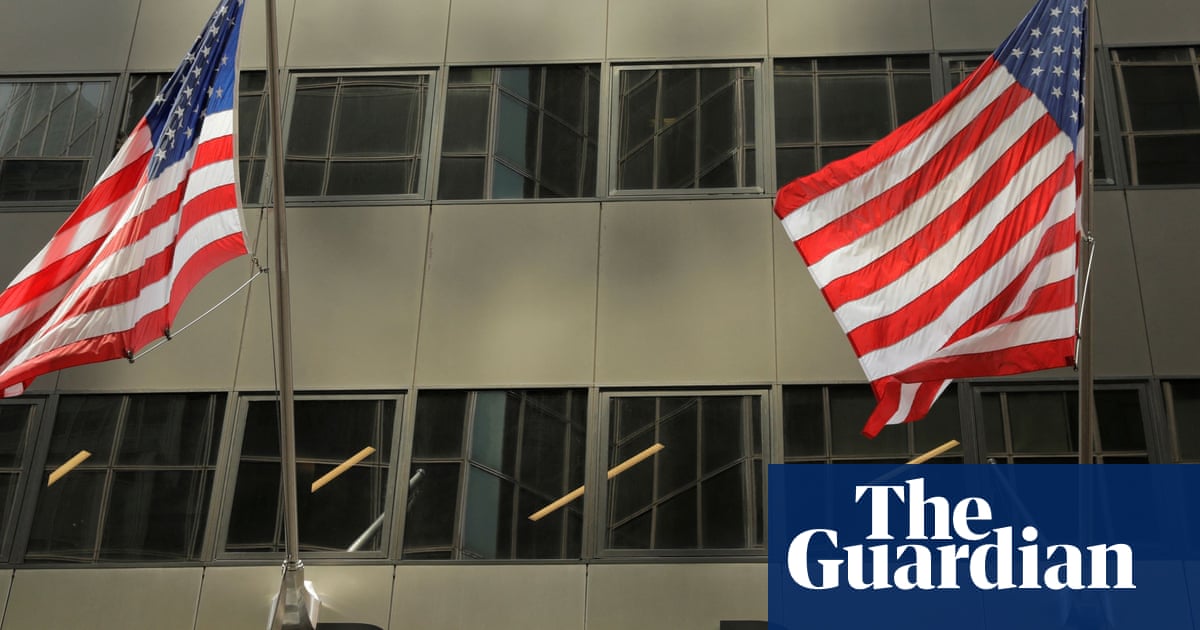BlackRock, the world’s biggest asset management company, is reportedly preparing to order its senior managers to work from the office five days a week.
The New-York based company is expected to tell its staff as early as Thursday that about 1,000 managing directors around the world should work in the office full-time, the Financial Times has reported.
BlackRock last told staff in 2023 they had to go into the office at least four days a week. More junior staff will still be allowed to work from home one day a week under the new guidance, according to the report from the FT.
BlackRock, which has more than 21,000 staff around the world, is one of many big American corporations calling time on an era of remote and hybrid working triggered by the Covid-19 pandemic.
Earlier this year, JPMorgan Chasesummoned all its workers back into the office. Jamie Dimon, who is head of the bank, has long been a proponent of restoring pre-pandemic working patterns.
In an internal memo to staff, Dimon and other executives acknowledged that some workers preferred a hybrid schedule and that they “respectfully understand that not everyone will agree with this decision”. However they insisted that it was “the best way to run the company”.
Barclays also hardened its stance on remote working earlier this year, ordering that all staff should work from the office at least three days a week, up from a previous requirement of two.
While technology companies led the shift in working patterns during the pandemic, businesses in the sector are also beginning to mandate a return to the office. This yearAmazon increased its requirement from three days to five days a weekin the office for its staff.
Despite an initial push after the pandemic to get workers back into the office, 28% of working adults in the UK still had hybrid working arrangements in autumn of 2024, according to official data. These workers on averagesaved 56 minutes from commuting, spent 24 minutes more on sleep, and 15 minutes more on exercise, sports and wellbeing, according to analysis by the Office for National Statistics.
A recent poll also found thatnearly half of professionals would consider quittingif their employer forced them back to the office on a full-time basis, according to a poll by the recruitment company Hays.
Sign up toBusiness Today
Get set for the working day – we'll point you to all the business news and analysis you need every morning
after newsletter promotion
However, a return to office mandates, combined with a slowdown in development over the past few years, has meant that rent prices have gone up. Rent for prime City office space rose 7.5% over the course of last year, according to research by the estate agent Savills.
BlackRock has been approached for comment.
